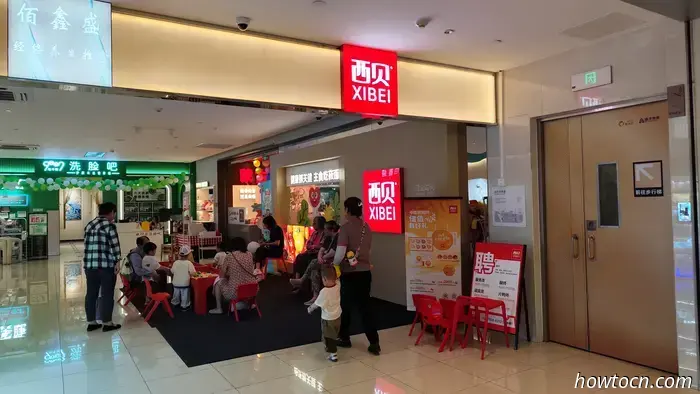
If you have recently browsed Chinese social media, you may have seen that nationwide restaurant chain Xibei, which operates over 60 branches in Beijing, is facing backlash from netizens for offering "pre-made" dishes. On September 15, Xibei released an apology letter in response to the controversy; however, this letter has also stirred debate. Let’s explore what has happened.
What Triggered the Controversy?
On September 10, entrepreneur and internet figure Luo Yonghao wrote a critique on Weibo, claiming that the food at a Xibei location in Beijing tasted like it was not made fresh, but instead pre-prepared at a central kitchen and reheated at the restaurant. He urged for clearer regulations or labeling that would require restaurants to disclose when "pre-made" elements are utilized.
Xibei's Initial Reaction
Xibei's founder, Jia Guolong, admitted to using central kitchens and pre-prepared ingredients, a common practice in the industry, but argued that these do not fit the official regulatory definition of "pre-made dishes." Xibei then shared operational manuals for 13 dishes mentioned in Luo’s critique, and offered kitchen tours to demonstrate how these items are prepared.
However, media investigations uncovered evidence that some cooked dishes are stored overnight and reused throughout service periods. Additionally, reports indicated that frozen ingredients are commonly employed in Xibei's kitchen. Many patrons were dismayed to find out that many meals they assumed were made fresh came from pre-prepared components sourced from Xibei's central kitchens. Much of the frustration arises from Xibei's higher prices compared to similar establishments, alongside a perceived lack of transparency regarding regulations.
Xibei's September 15 Apology
In response to the continued online criticism, Xibei issued an apology on September 15. In the letter, they expressed regret for not meeting customer expectations and promised to implement significant changes, such as shifting many preparation tasks from central kitchens back to individual restaurants to ensure food is made fresh on-site. They outlined specific changes slated for implementation by October 1 for certain dishes and committed to using only Non-GMO soybean oil.
The letter included a quote from Jia Guolong stating, “顾客虐我千百遍,我待顾客如初恋," which translates to “The customer may abuse us a thousand times, but we will always treat the customer like our first love.” However, the term "abuse" led to further controversy, prompting Xibei to remove the letter shortly after its release and issue a revised version with one significant alteration: they added quotation marks around “虐,” which means “abuse,” in an attempt to soften the expression. This change did not alleviate the controversy.
The original phrasing (without quotation marks) suggested that Xibei felt genuinely “abused” by customers or that customers were unjustifiably harsh, conveying an adversarial tone that weakened the apology. Many believed it prioritized the company's feelings over recognizing customer concerns. The inclusion of quotation marks around “虐” was perceived by many as a half-hearted effort, aiming to distance the company from that wording rather than taking full responsibility. Some regarded it as a manipulative tone rather than a heartfelt apology.
Questions arose: If customers are “abusing” Xibei, what does that imply? Are customers truly being harsh, or are they simply offering criticism? This fueled a social media backlash, with Luo Yonghao asking rhetorically: “顾客虐你什么了?” (“What did the customers ever do to abuse you?”)
It appears that Xibei is still facing substantial challenges.
What the Backlash Indicates Overall
The backlash underscores a growing consumer trend in China: an aversion to “pre-made” dishes, a commonly used practice in many establishments, alongside a demand for genuinely fresh food. This situation has also ignited calls for greater transparency and standardization within industry regulations, enabling diners to make better-informed choices when dining out. Both the People's Daily and Xinhua News Agency published reports on September 14 examining current regulations and how the food industry can evolve to meet the increasing expectations of consumers.
Images: the Beijingers, Weibo, Xibei



A large national chain is under scrutiny regarding its central kitchen operations.